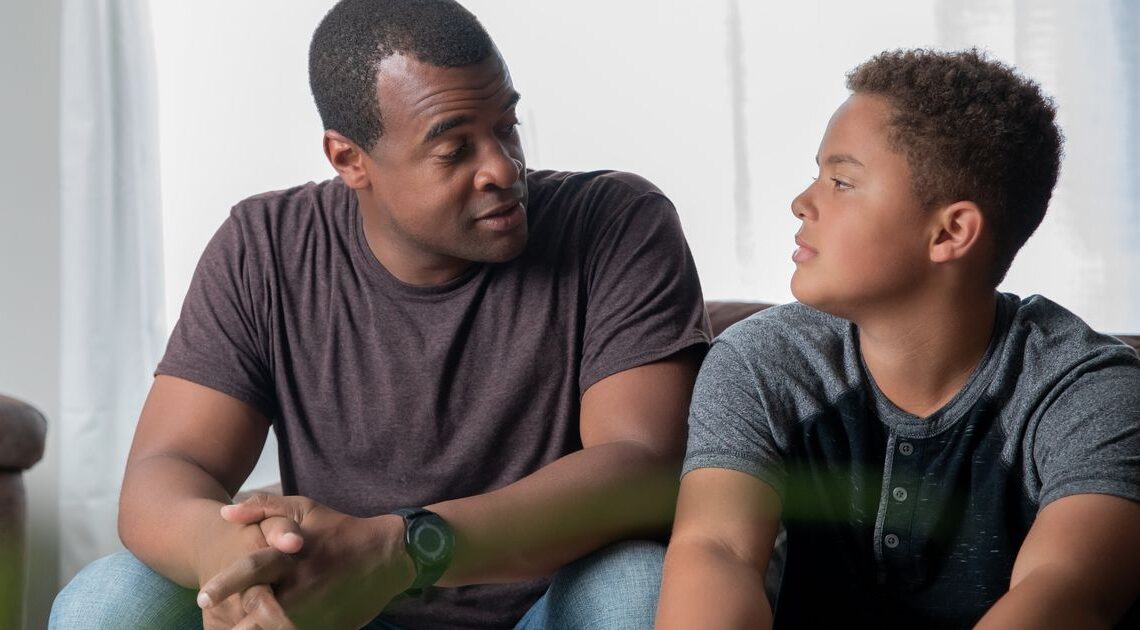The other day, my 15-year-old son texted me while en route to a reunion event at his old middle school. He wanted to know which entrance he was supposed to use when he arrived.
I reacted in exactly the same way I always do: I figured out the answer for him and then told him what to do. The invitation to the event, which I had sent him a few days earlier, specified to use the south entrance.
Only afterward did it occur to me that he probably could’ve figured out that one on his own. Instead of telling him which door to use, I might’ve instead texted something teacherly, like “Where do you think you could you find that information?” or even simply “Scroll up.” These responses would’ve pushed him to resolve the issue himself.
This spirit of gentle guidance and noninterference is at the heart of what some people are calling “lighthouse parenting.” You may have seen this described as a new parenting trend — perhaps discussed in the context of others such as “gentle parenting,” “helicopter parenting,” “snowplow parenting” and “dolphin parenting.” This hodgepodge of terms can be overwhelming, and could be seen as making the whole business of raising children more complicated than it needs to be.
But the truth is, these labels are simply descriptors for different parenting behaviors that long predate the trending terms. The lighthouse is a metaphor that some parents find useful when thinking about how they interact with their kids — particularly teens. If I’d thought of a lighthouse when my son texted me, for example, it might’ve changed the way I handled his request.
What Is Lighthouse Parenting?
On a recent broadcast of “CBS Mornings Plus,” economist and parenting author Emily Oster described the parenting style like this: “You’re the lighthouse. You’re guiding them, you’re showing them where the rocks are, but you’re giving them some independence. And it’s something between, you’re driving the boat for them, which is too involved, or you’re just letting them crash into the rocks, which is not recommended.”
A parent who is acting like a lighthouse “points out the dangers in their children’s environments but ultimately lets their child steer their own boat,” psychologist Cara Damiano Goodwin explained to HuffPost.
This is in contrast, she said, to so-called “bulldozer or snowplow parenting, in which parents remove all obstacles/problems in their child’s path, or with helicopter parenting, in…
Click Here to Read the Full Original Article at Women…

